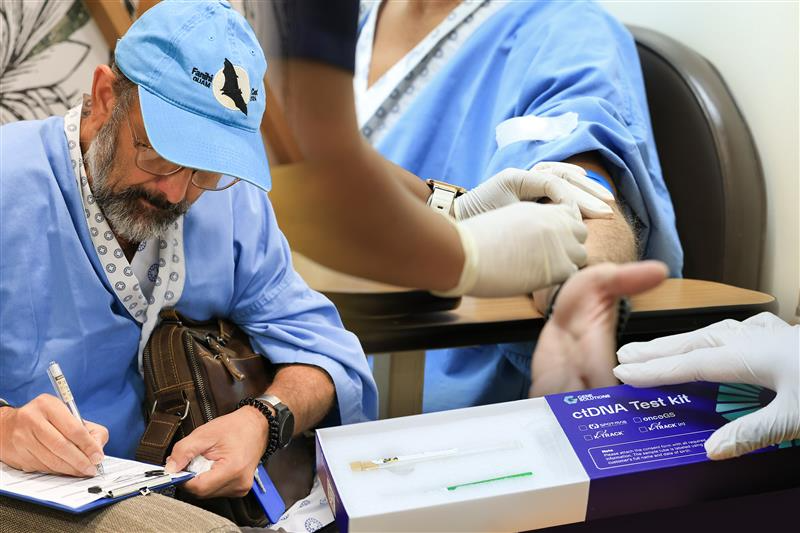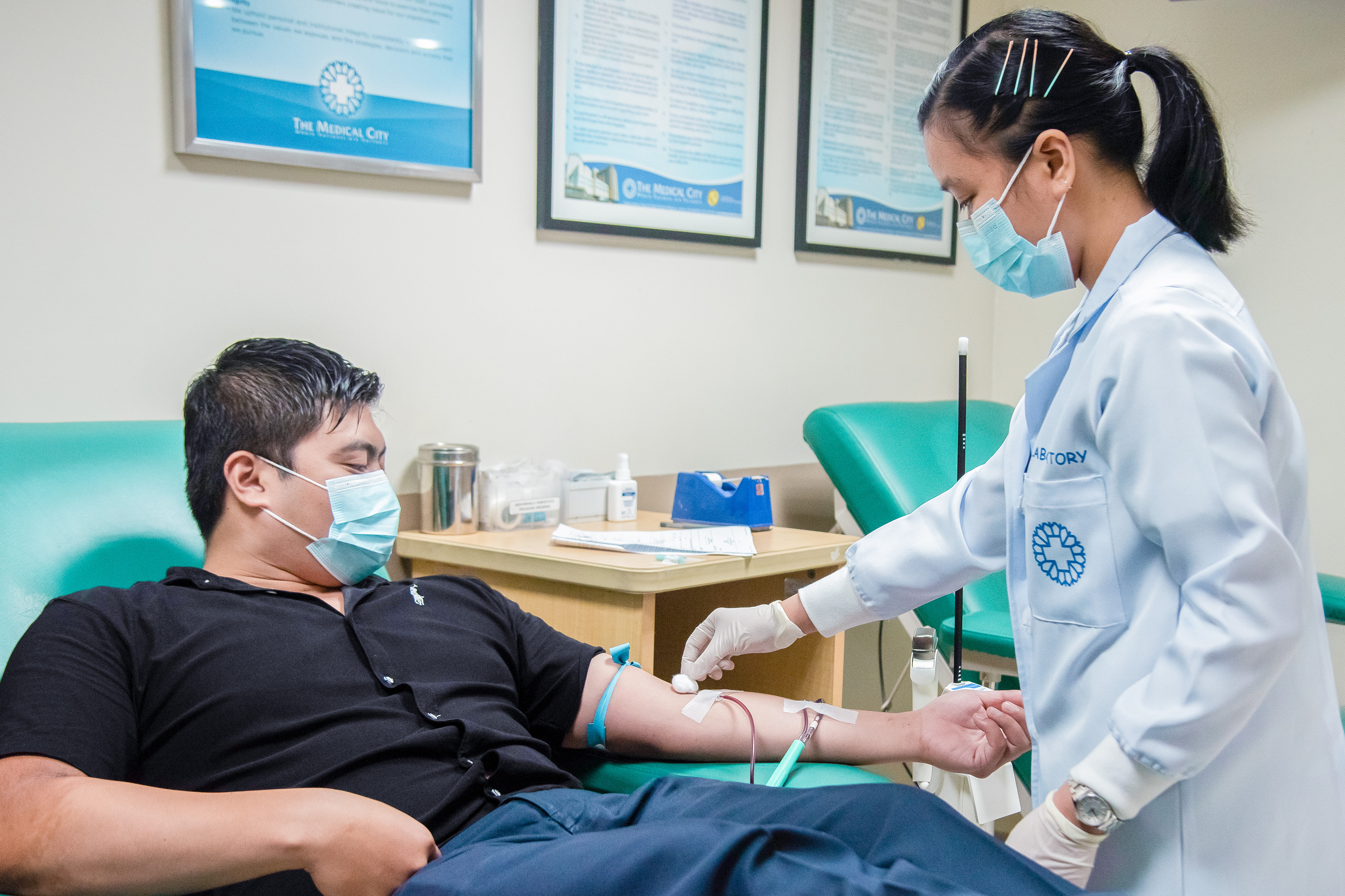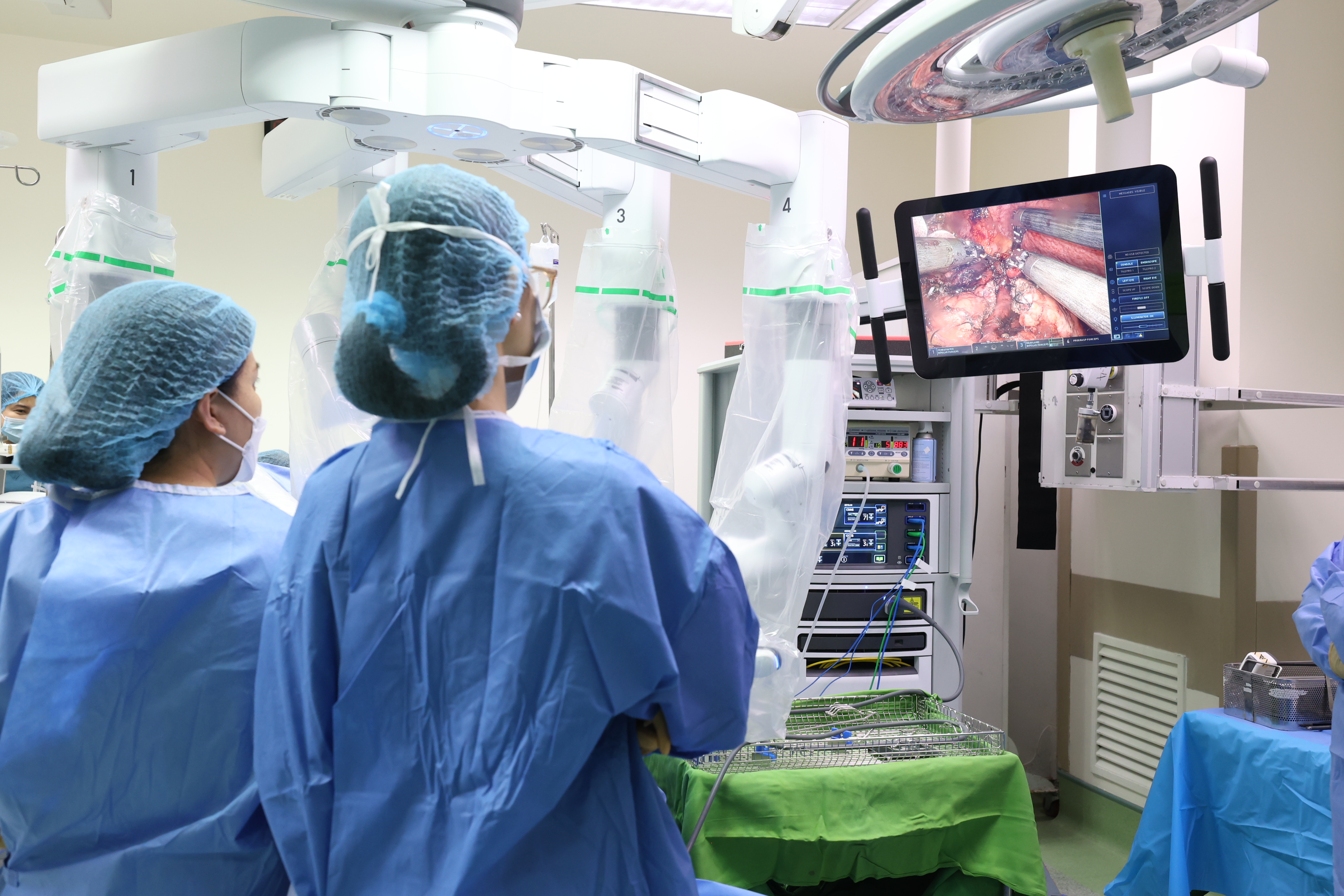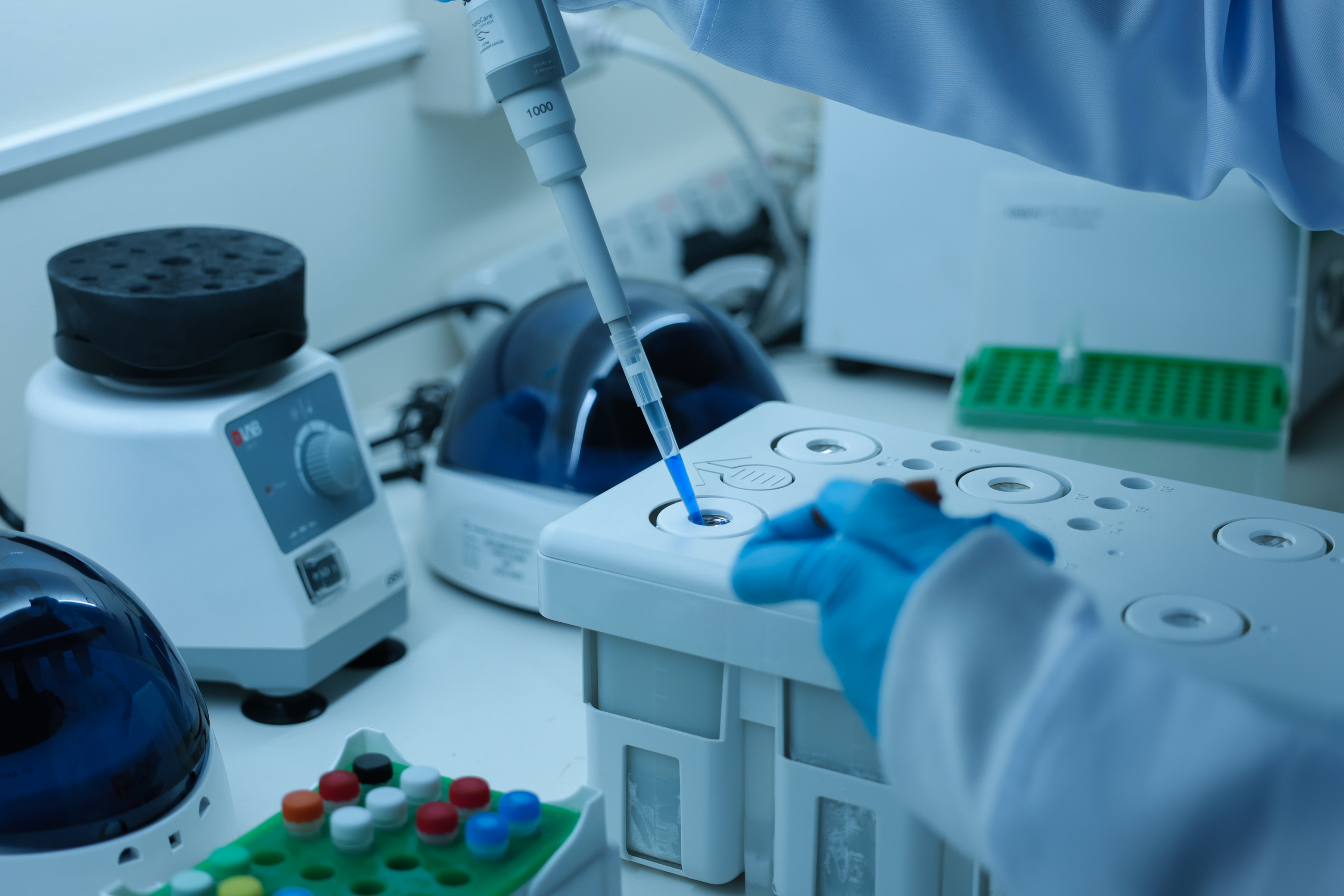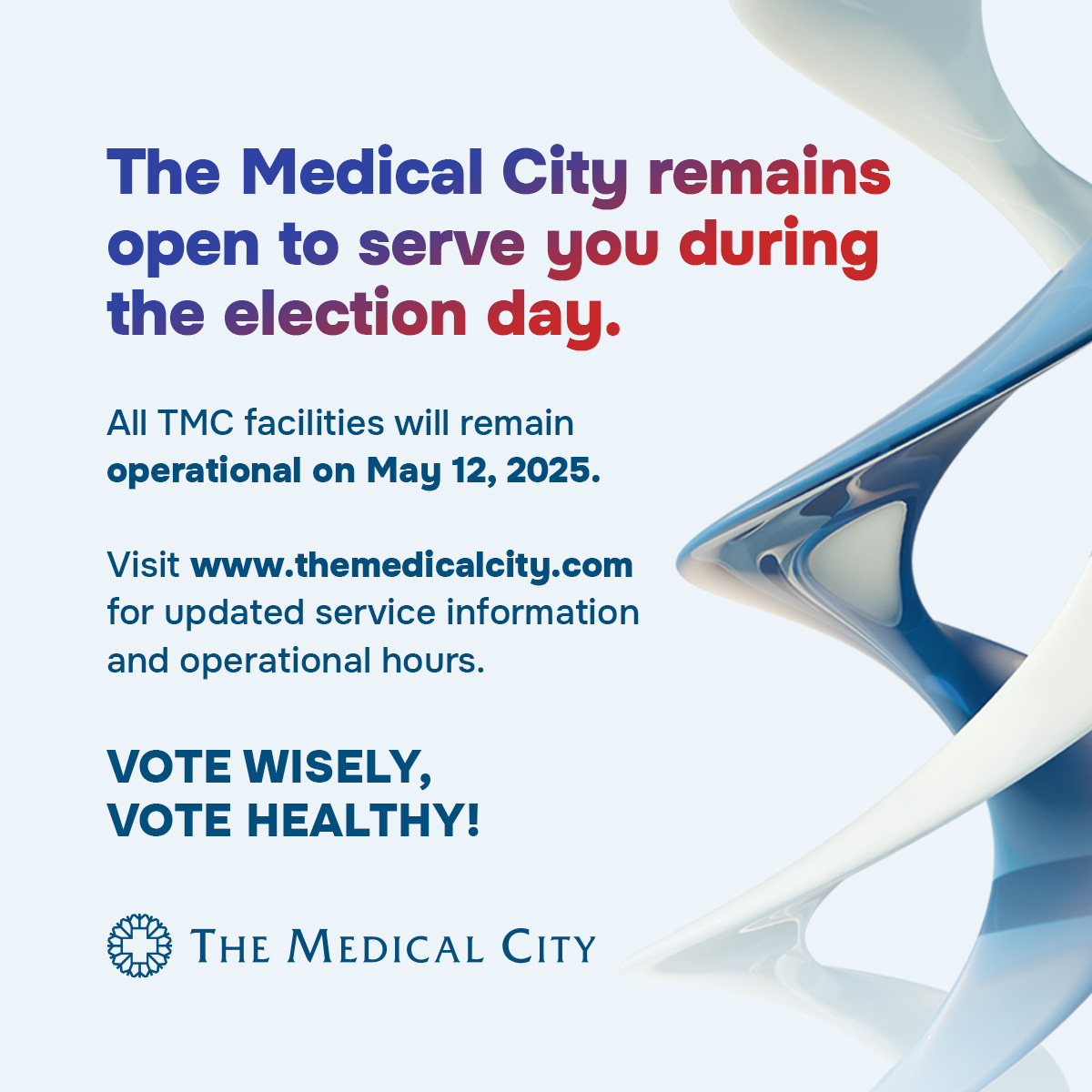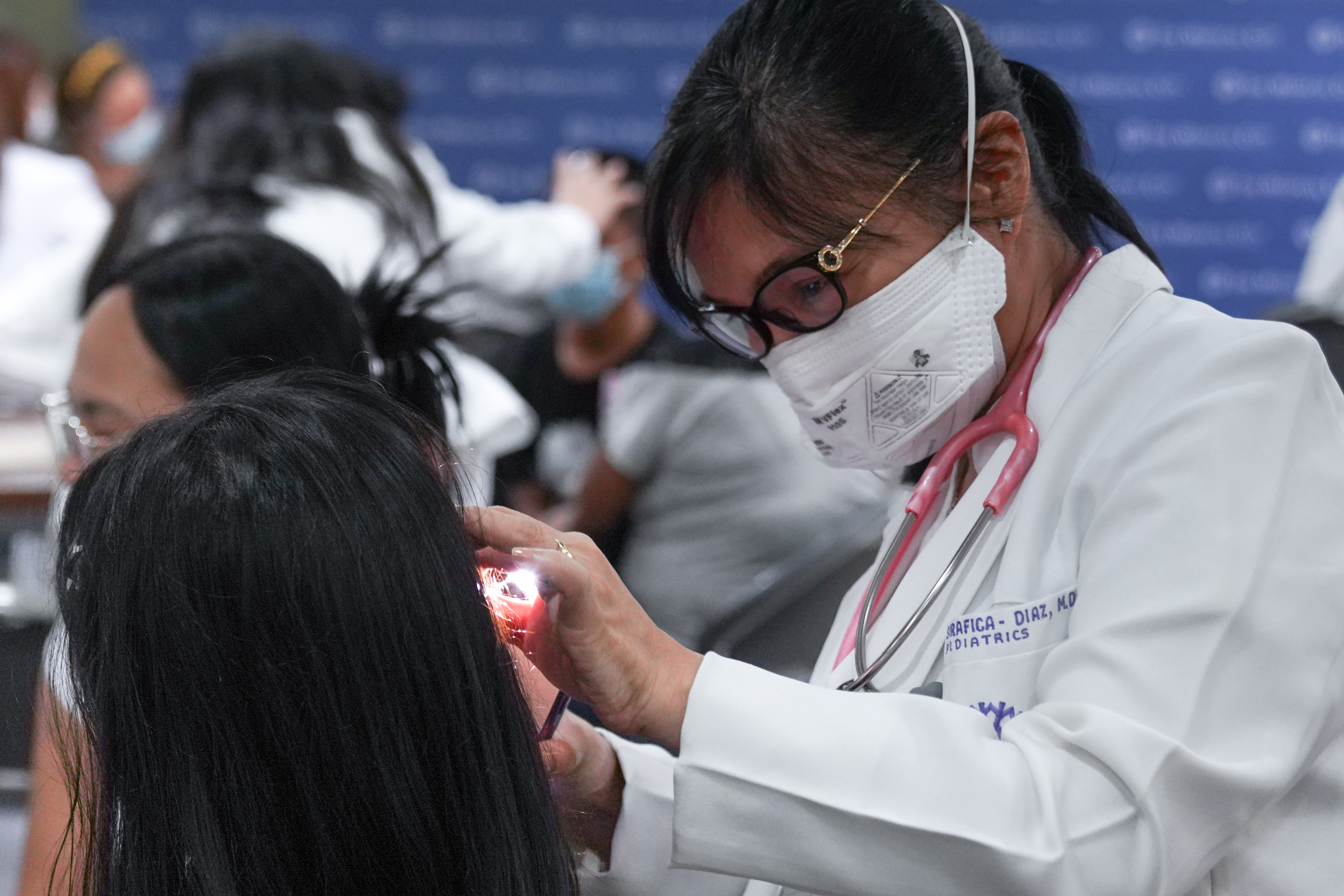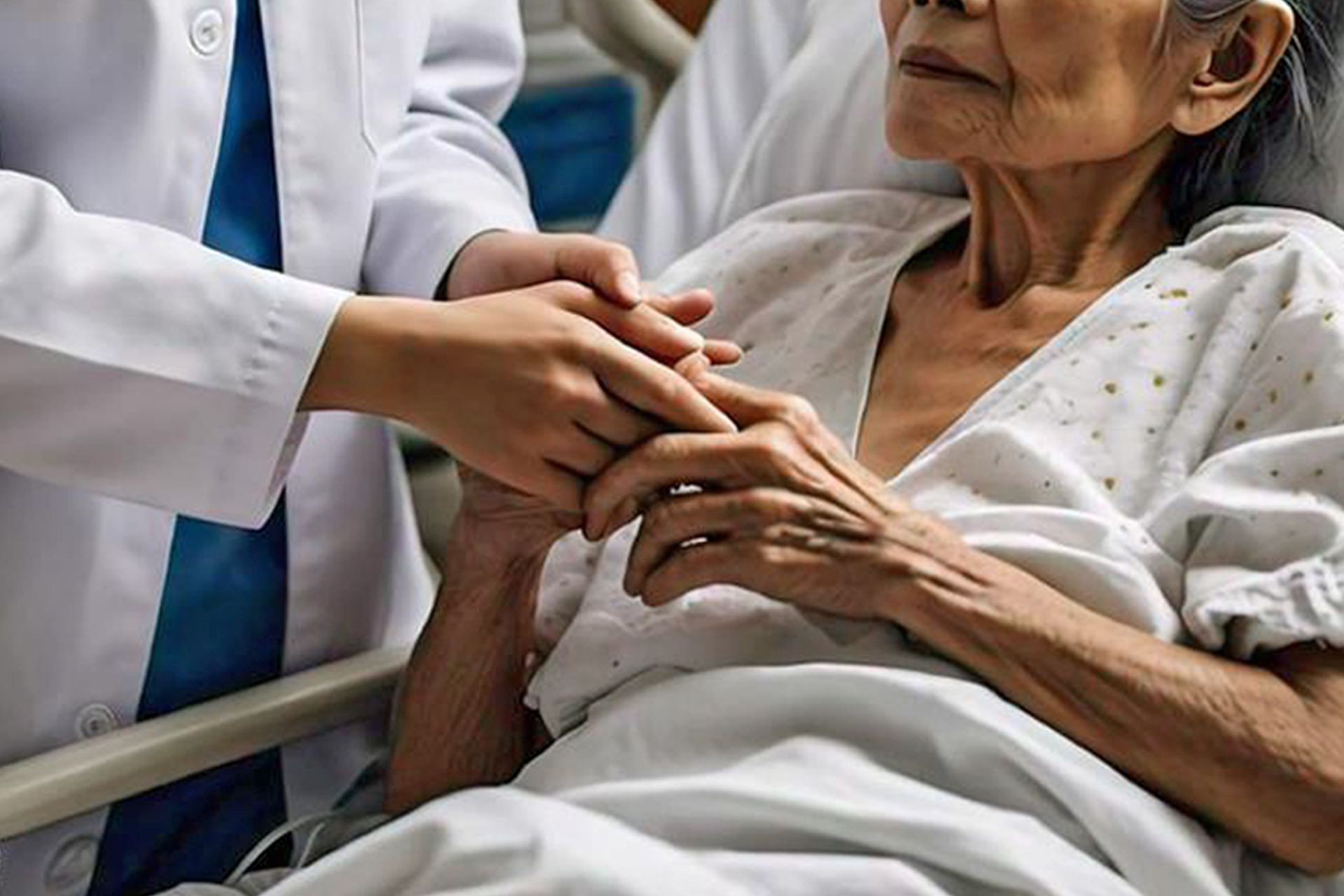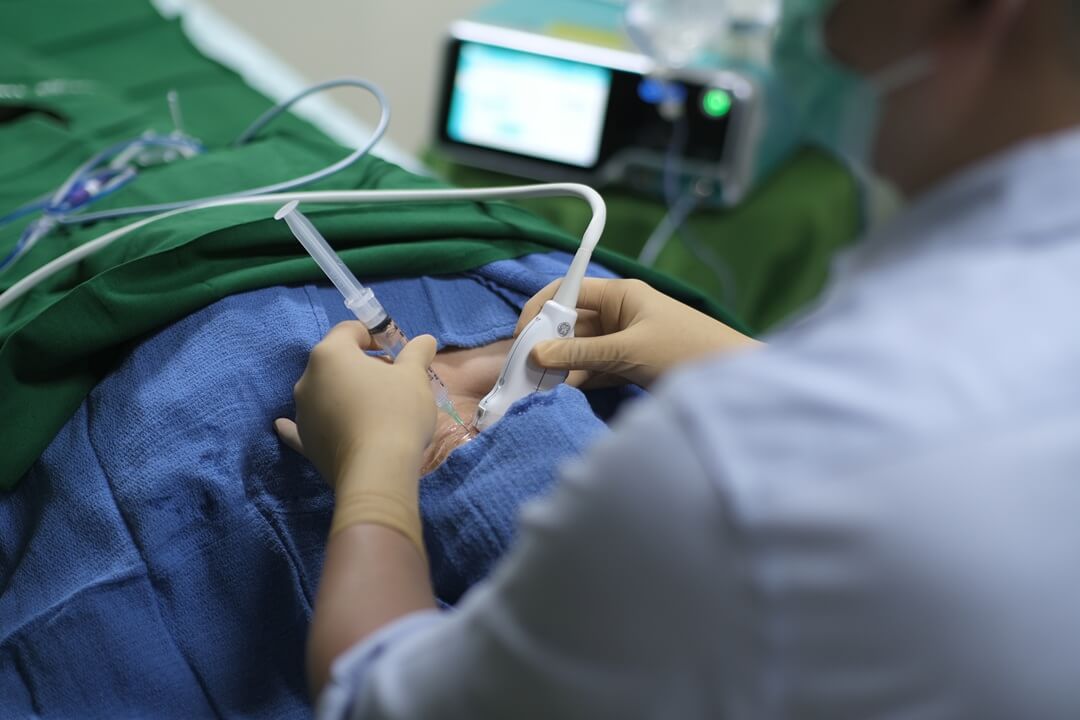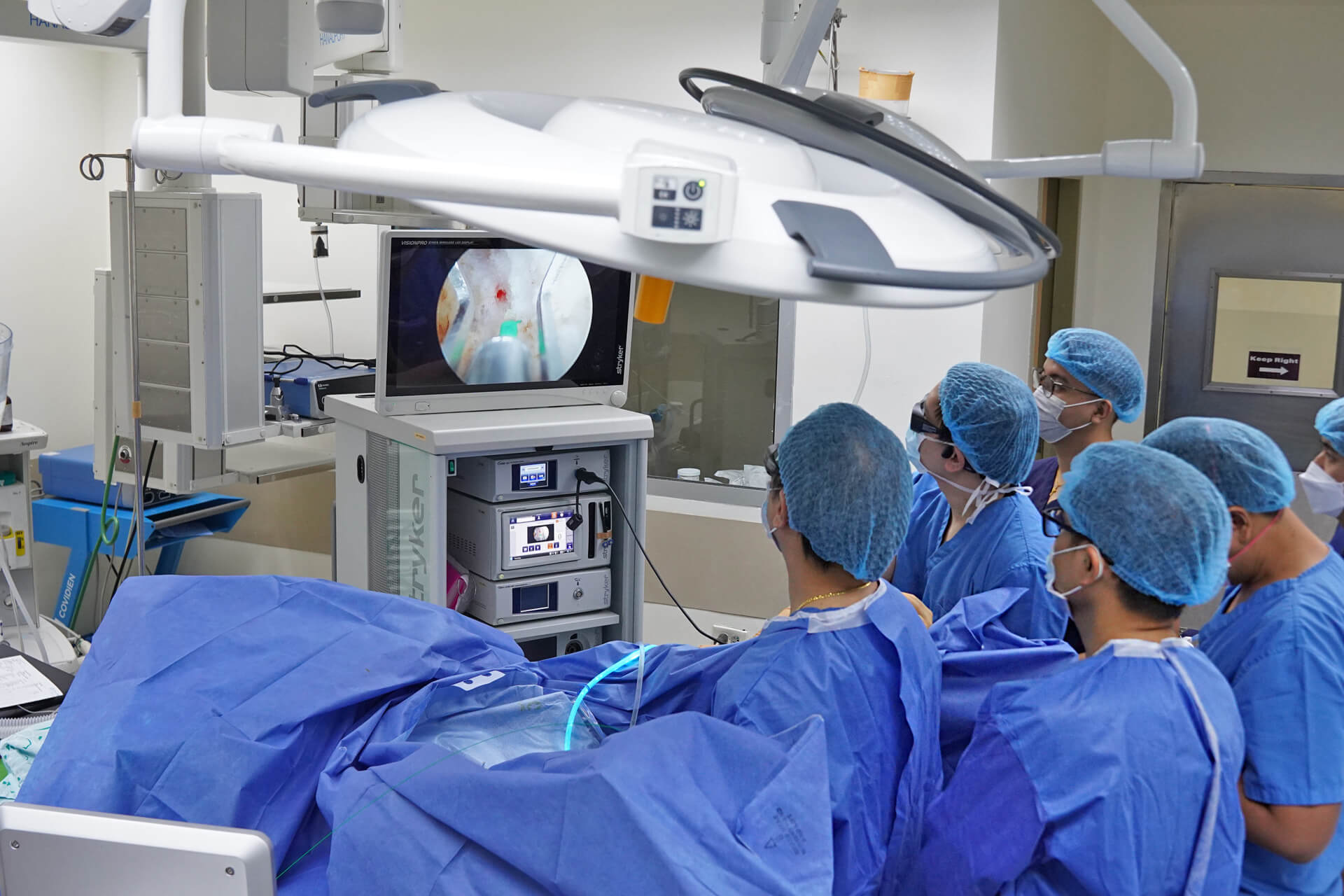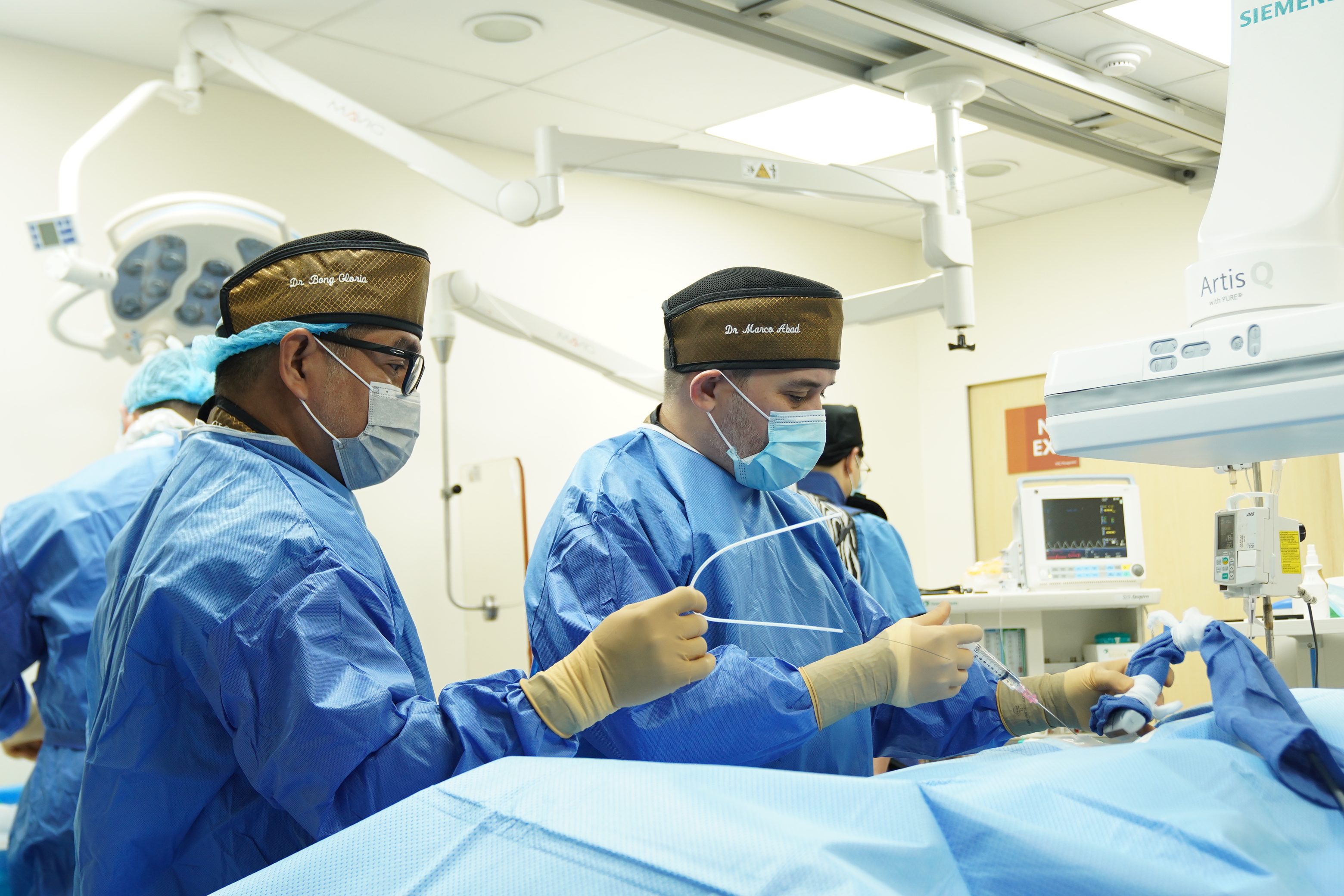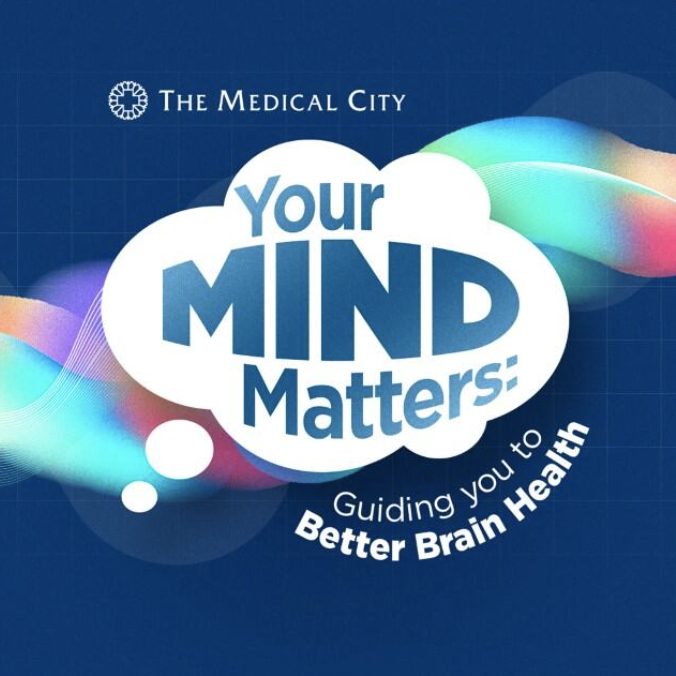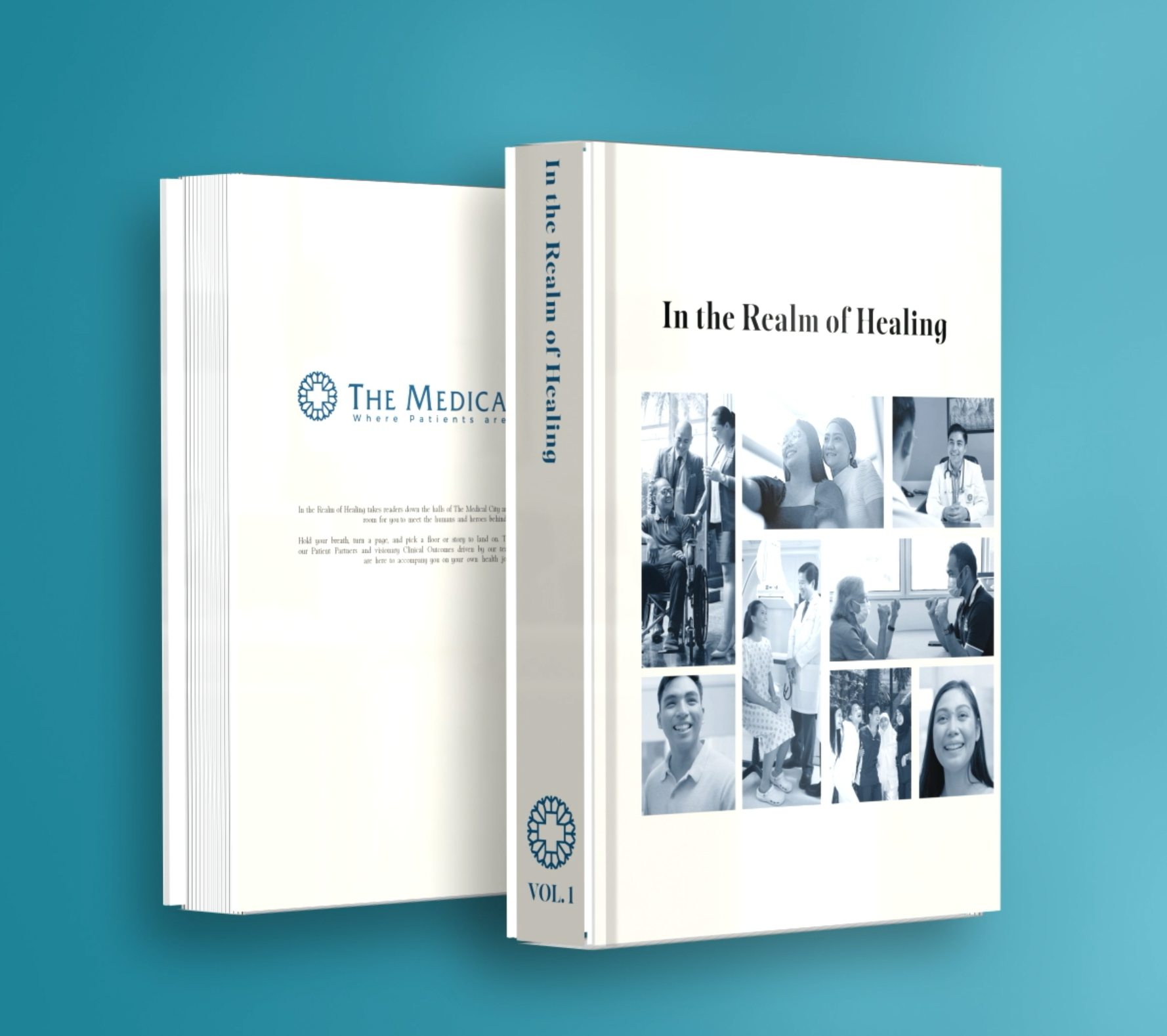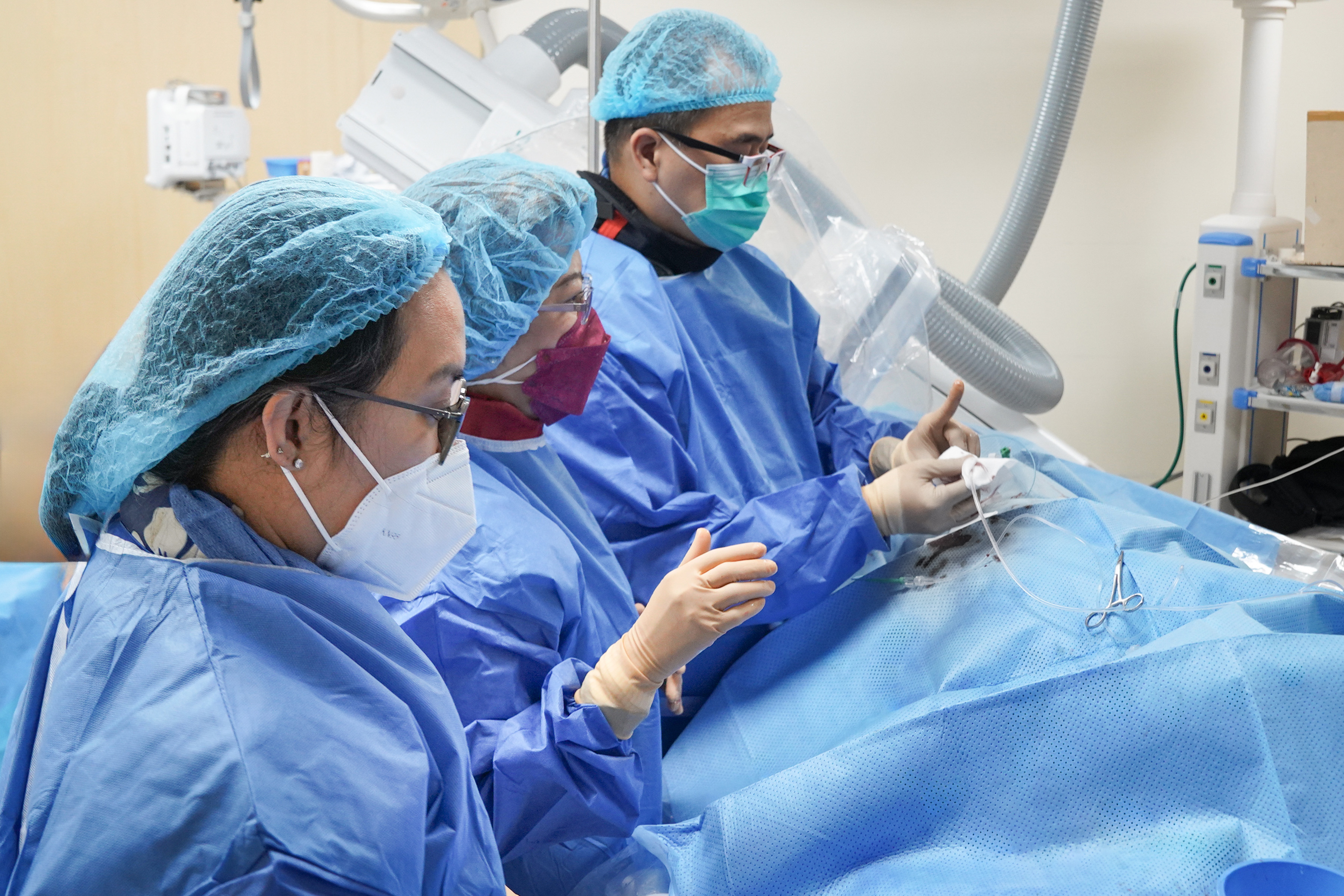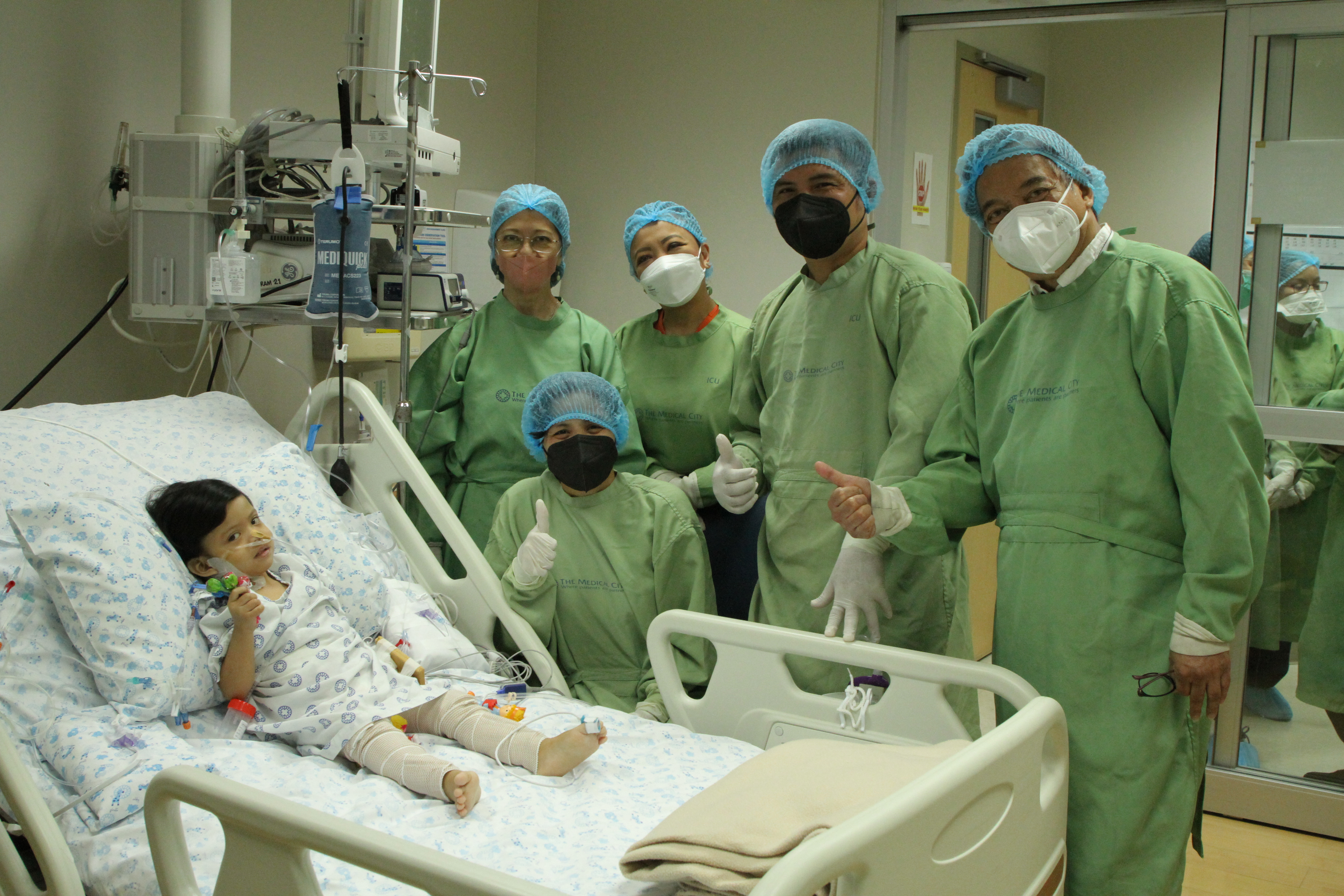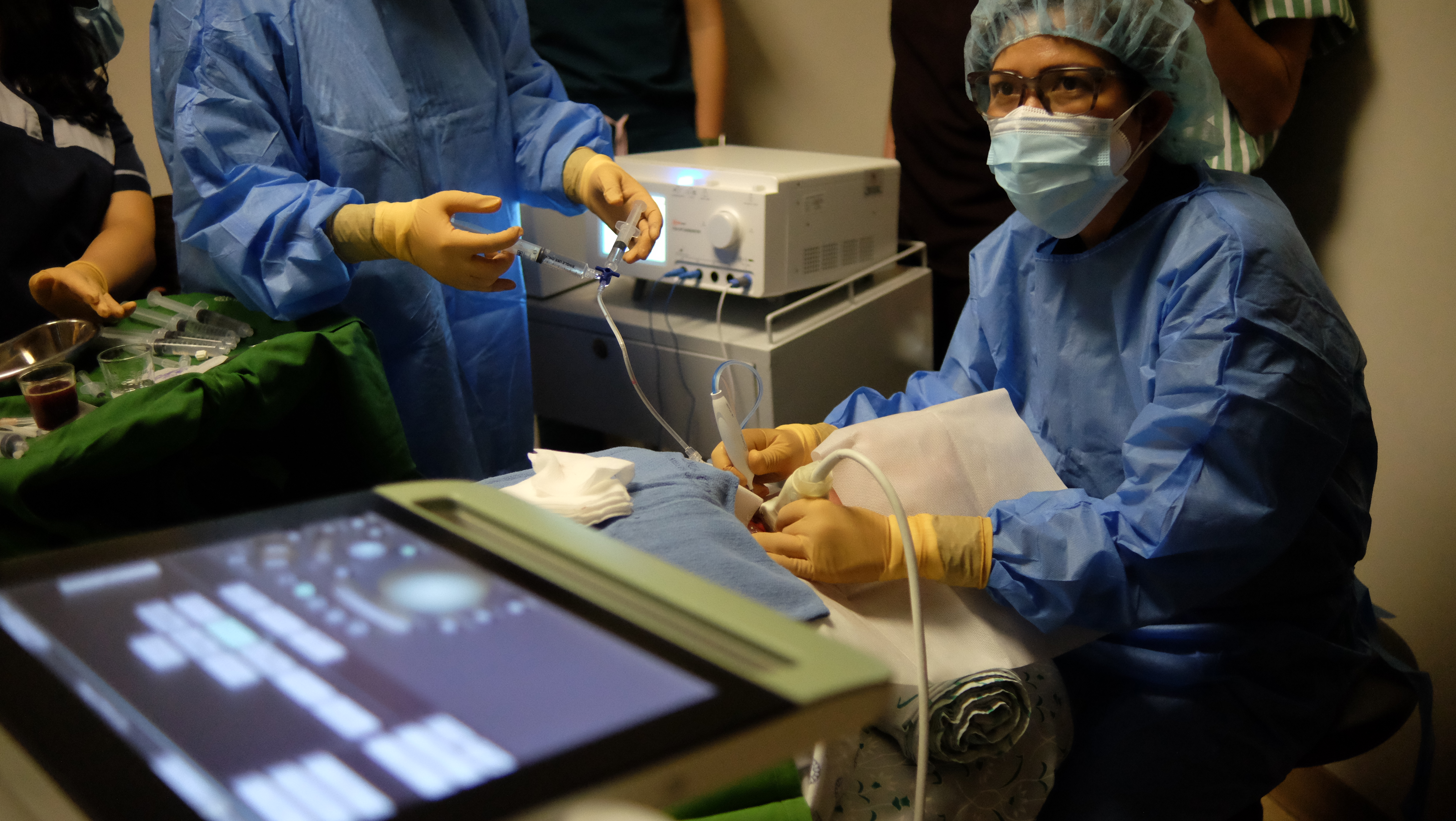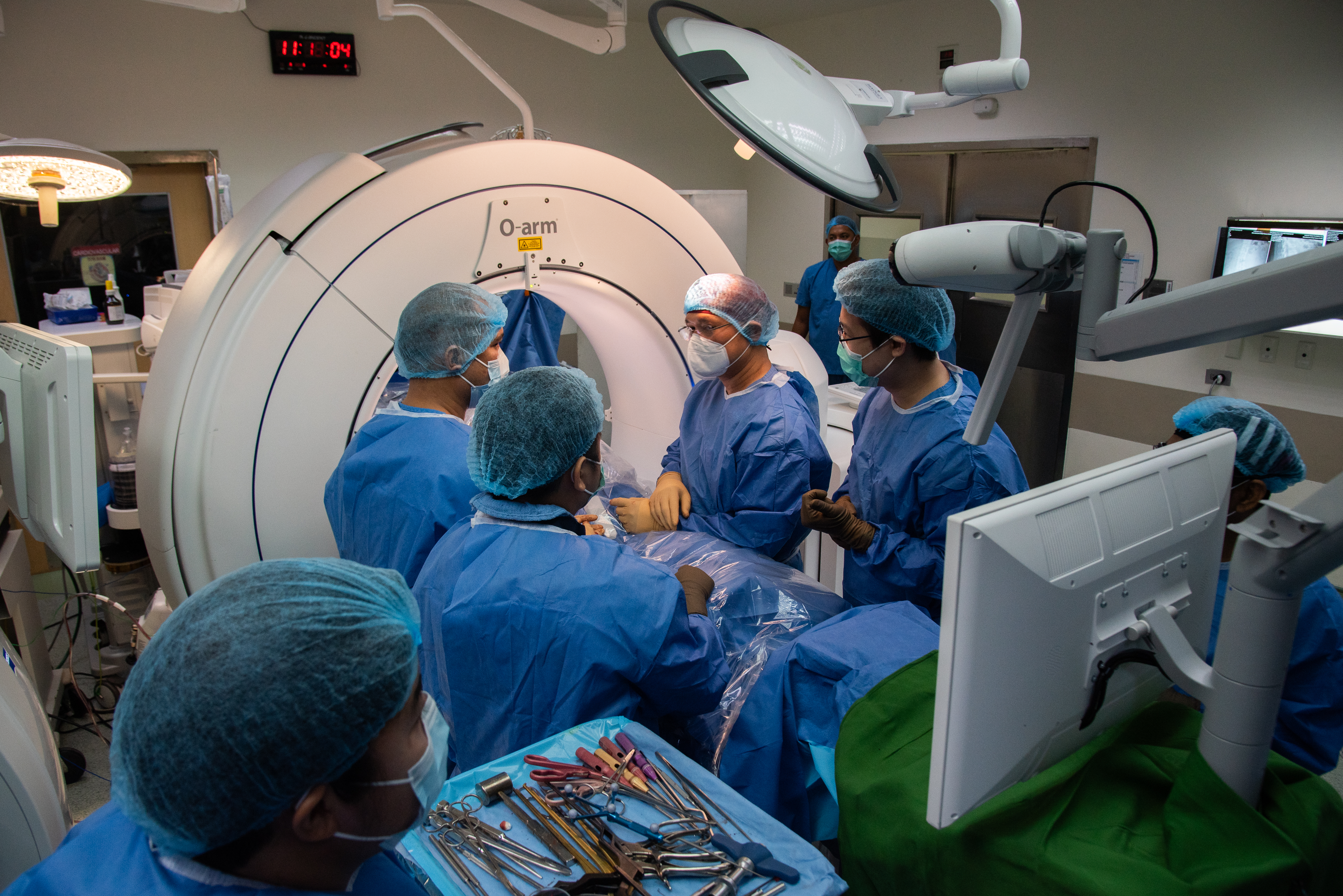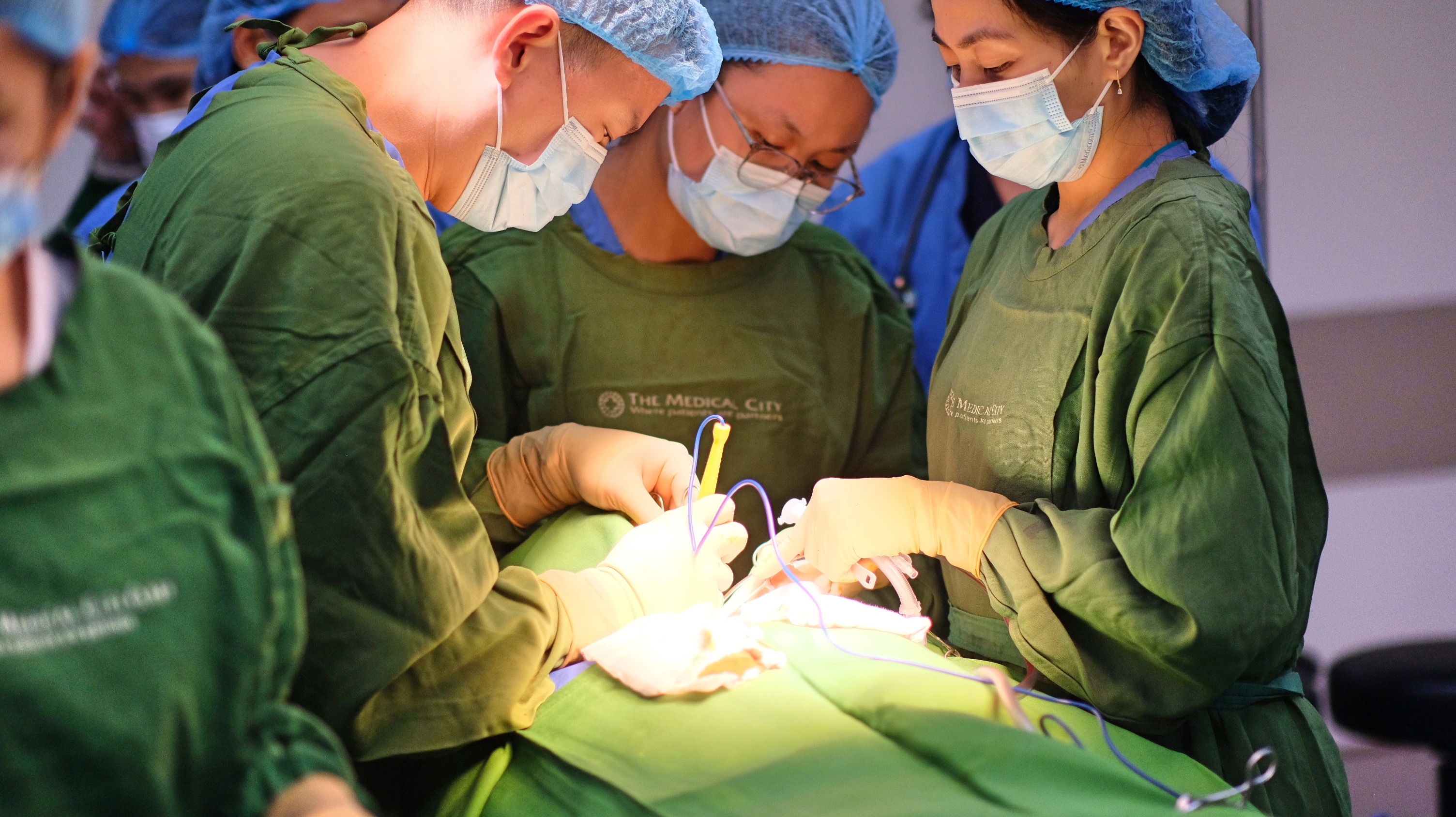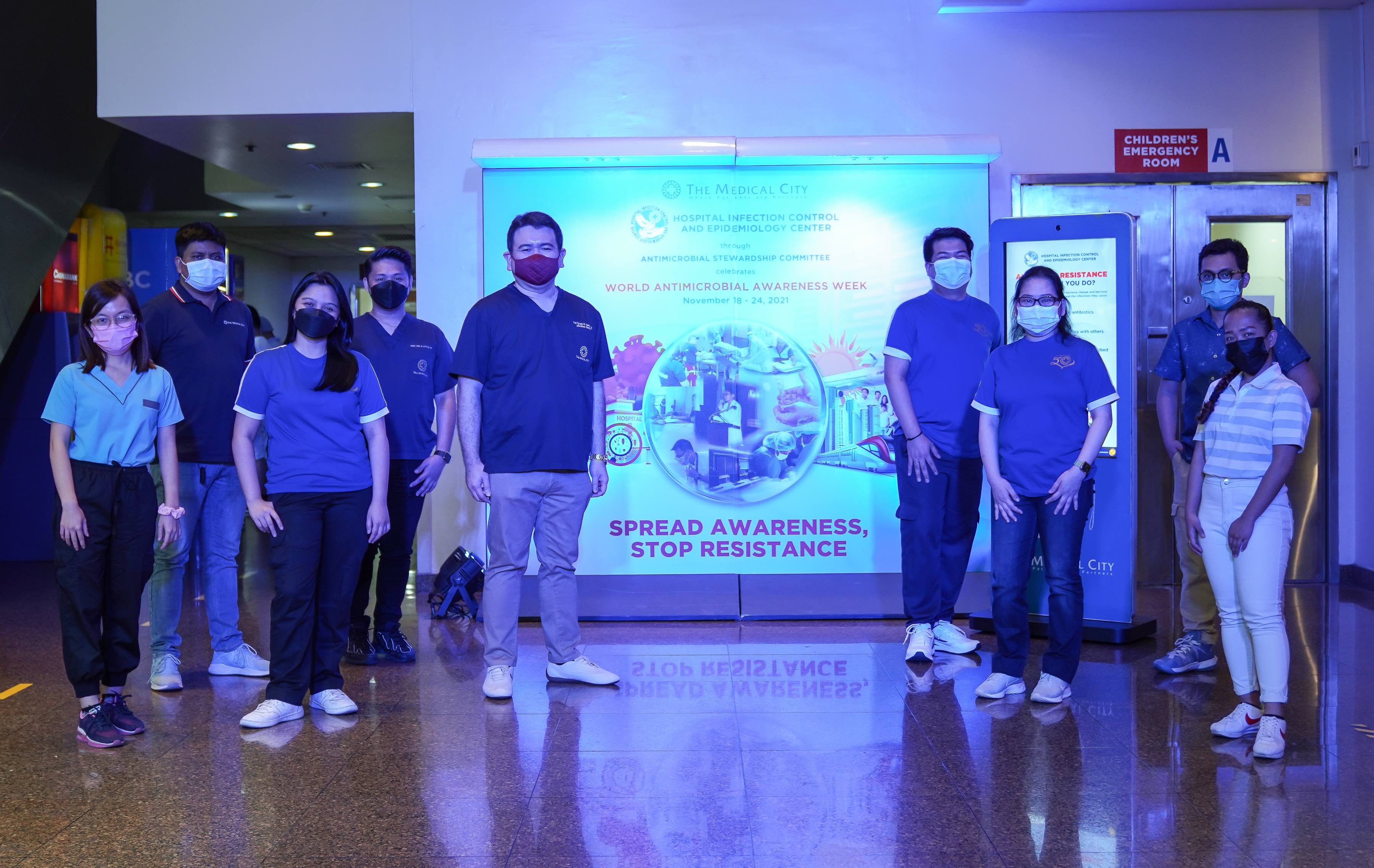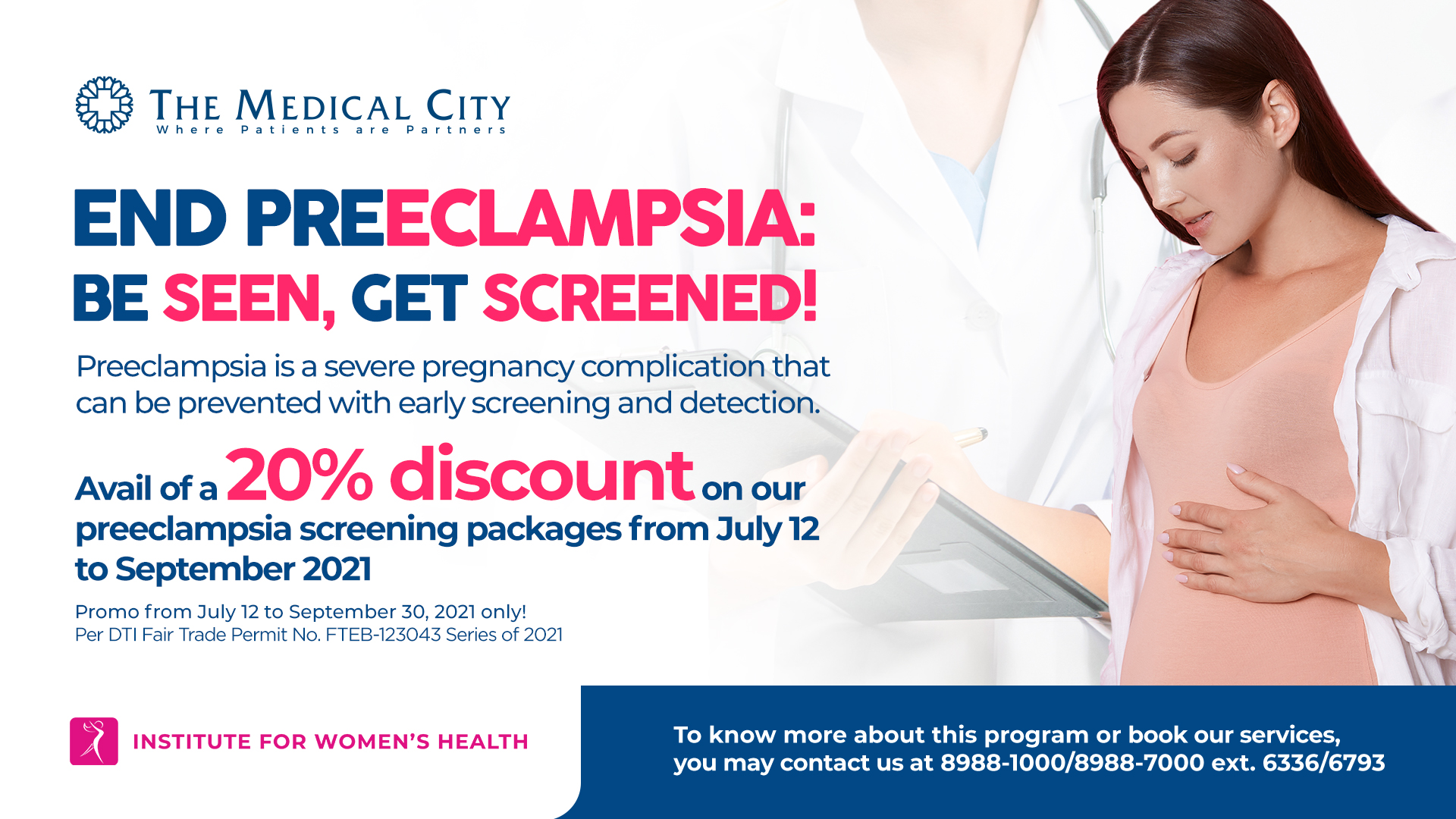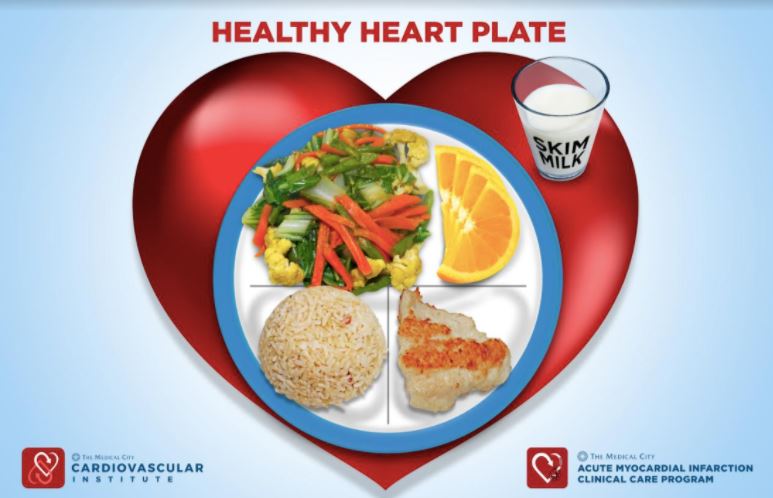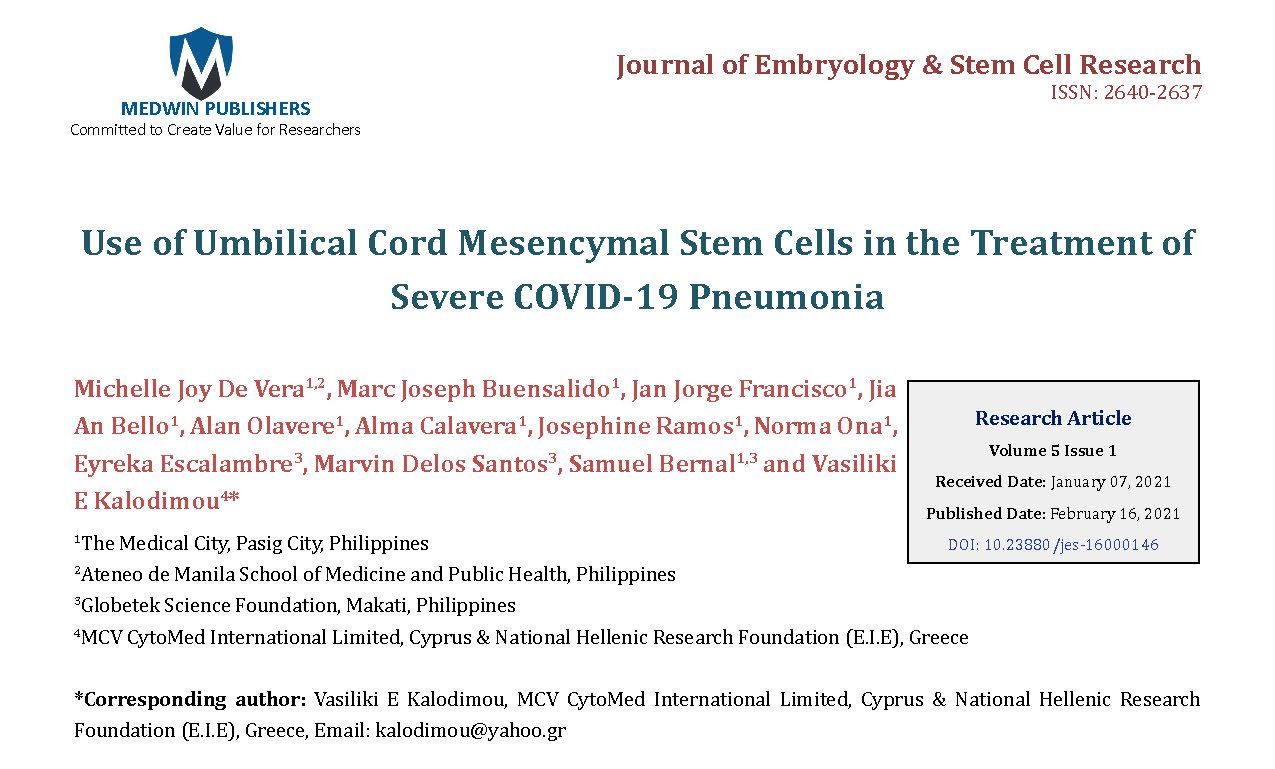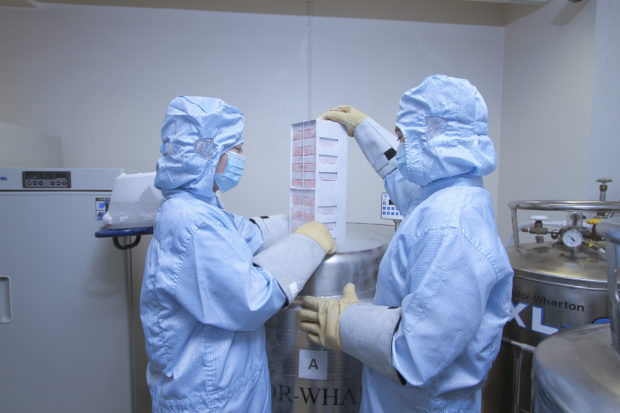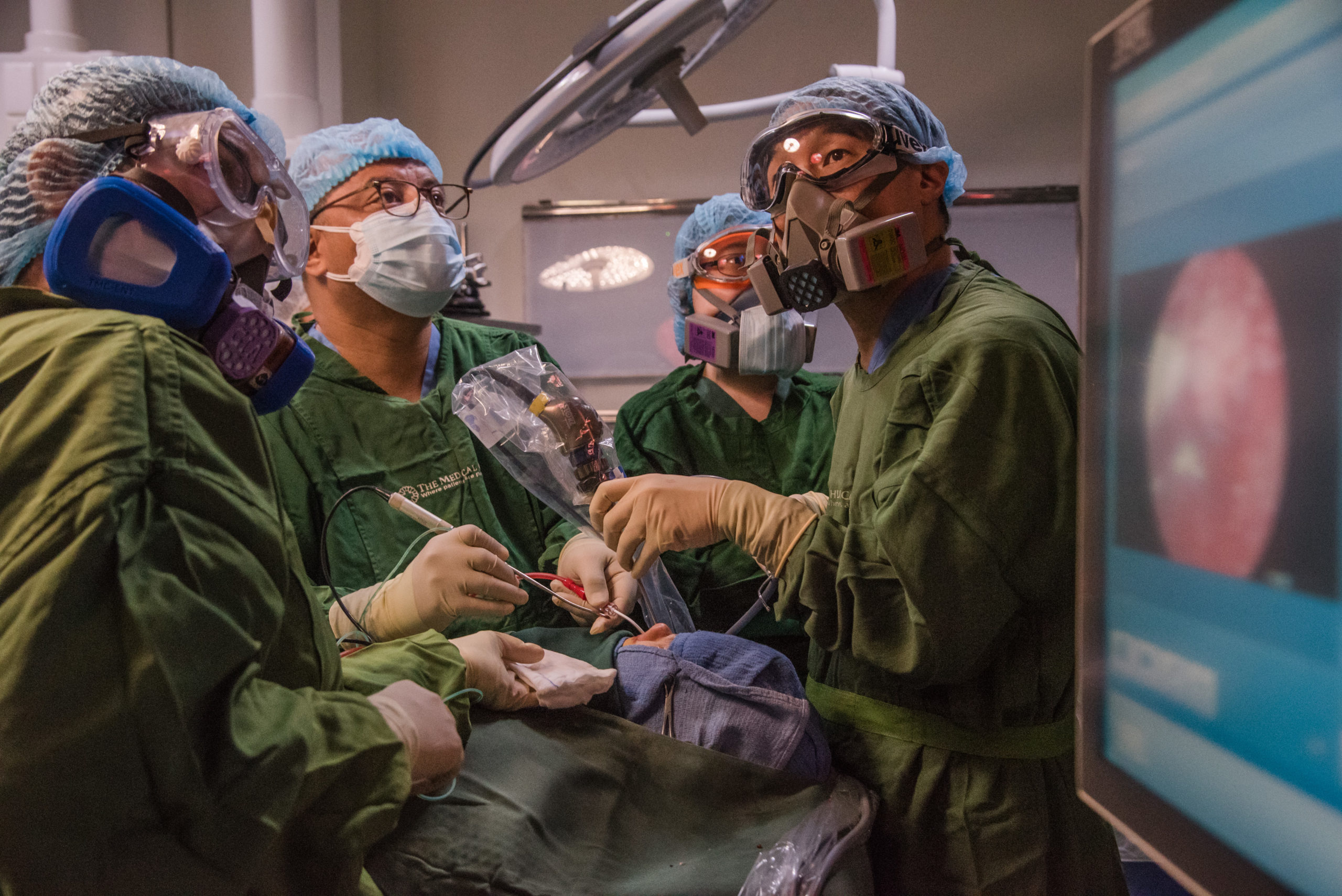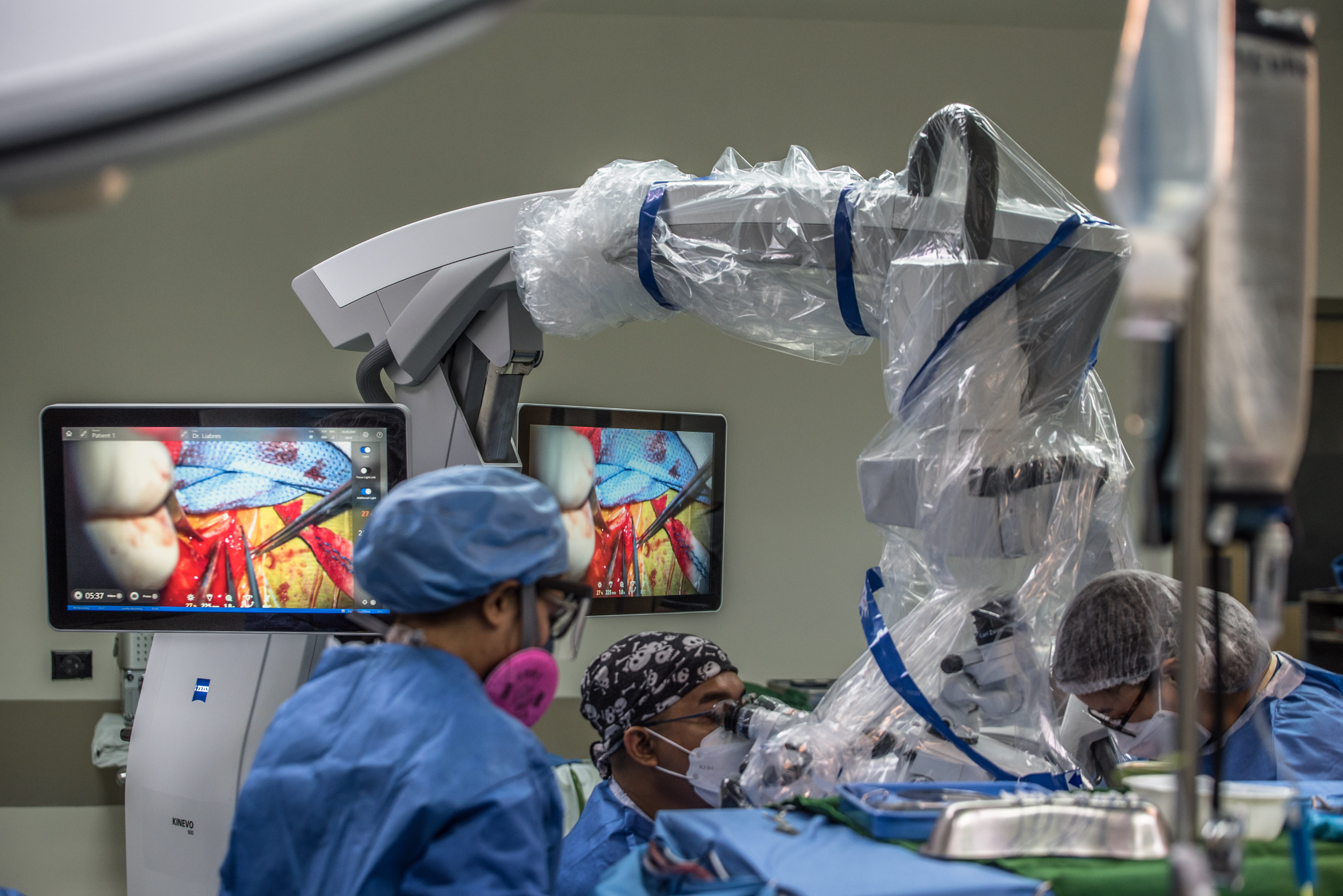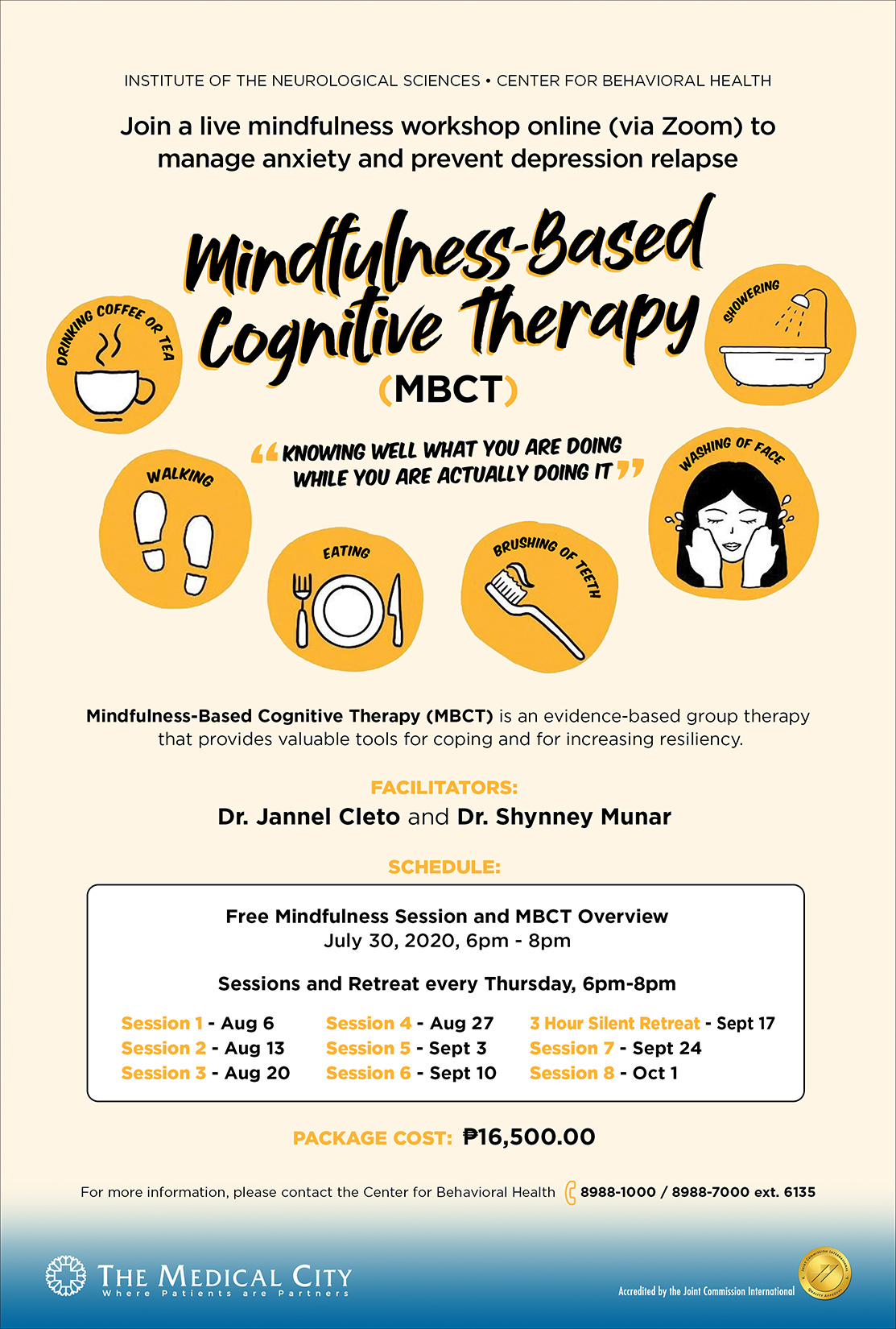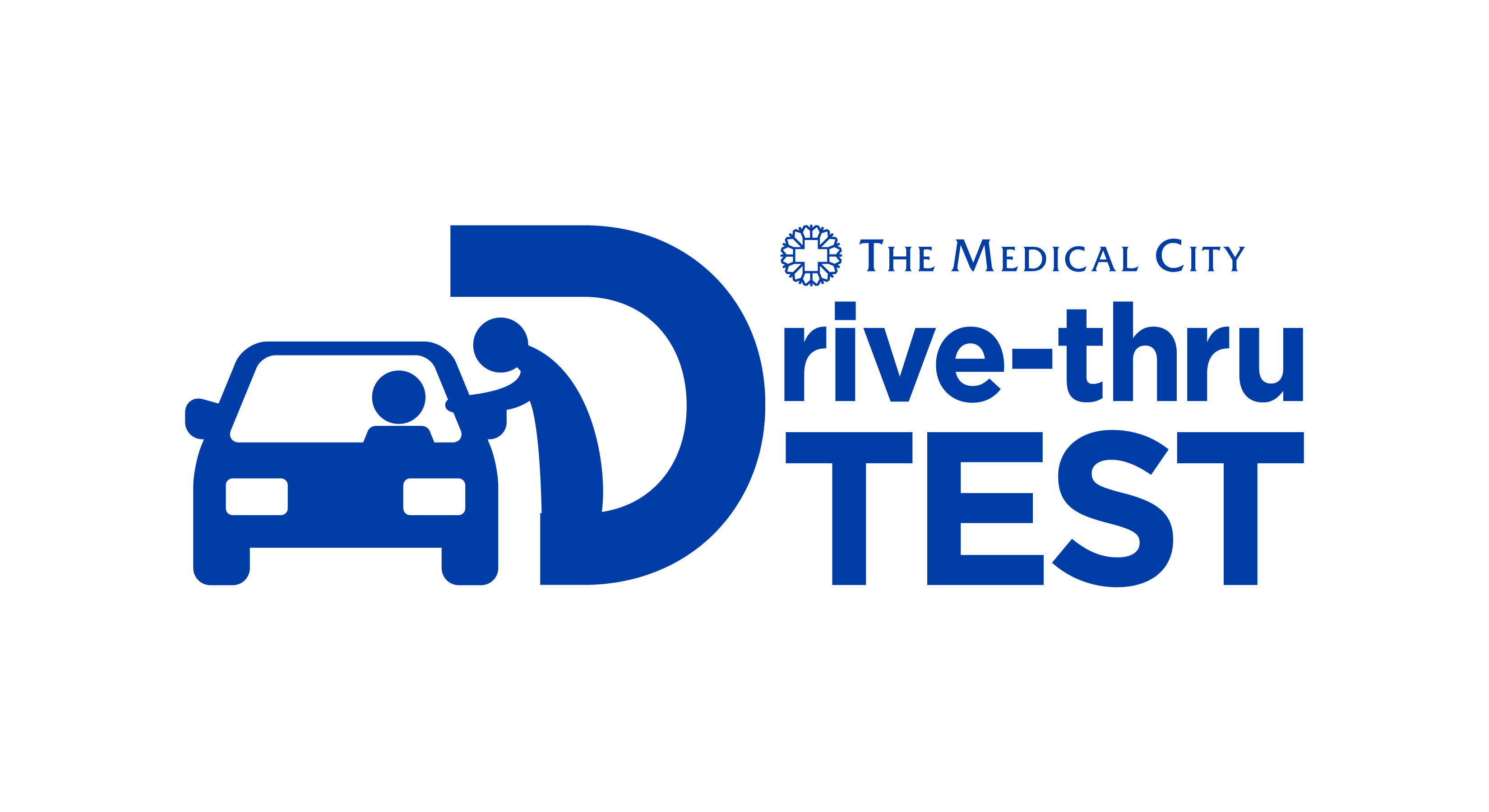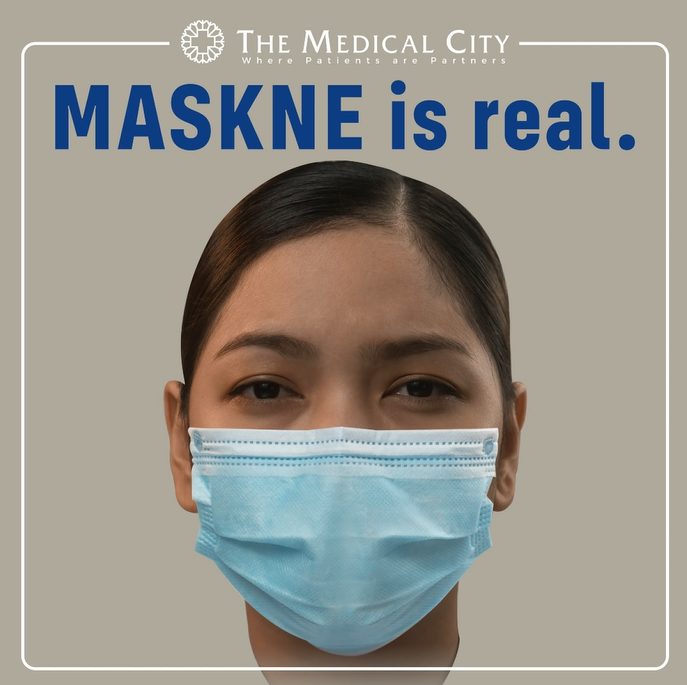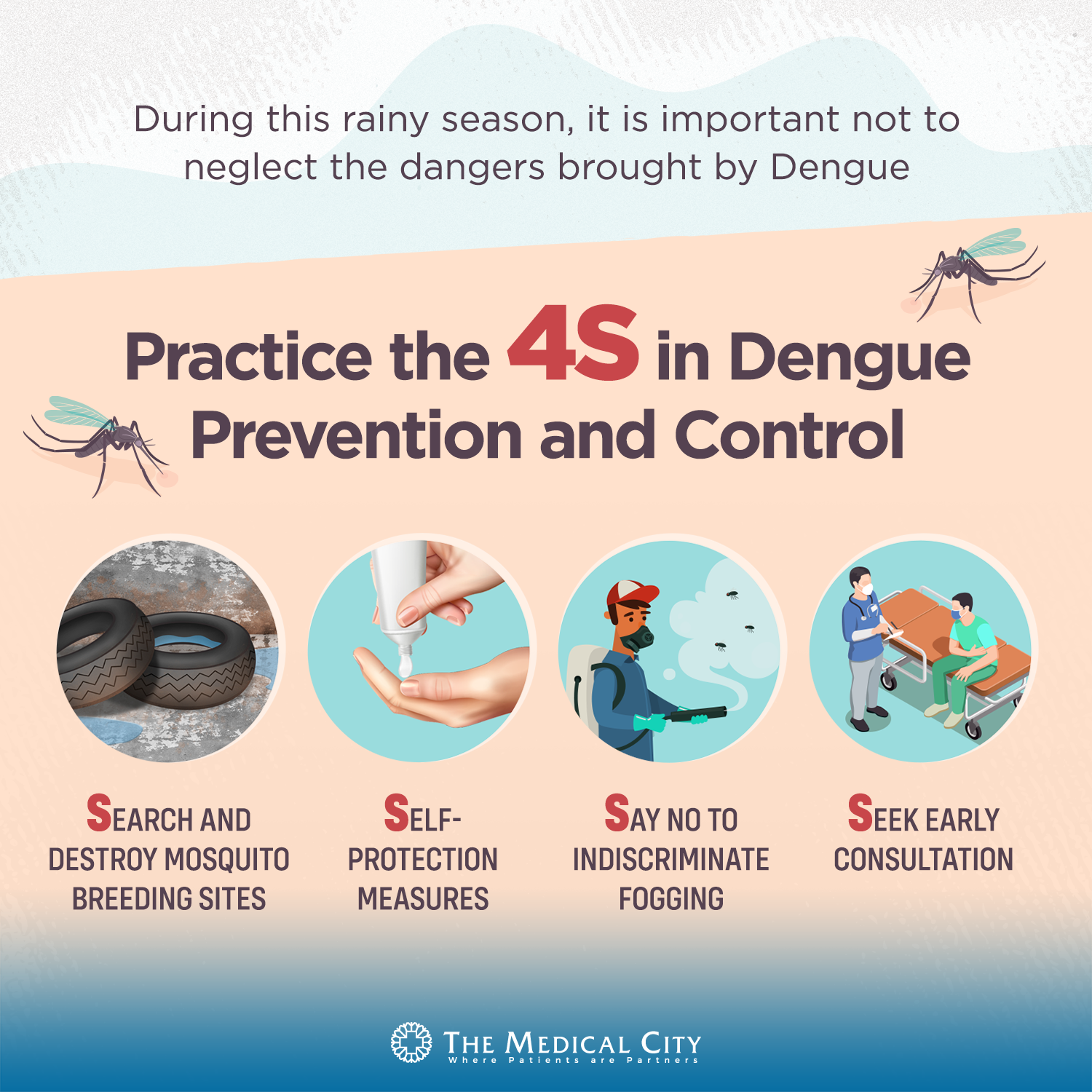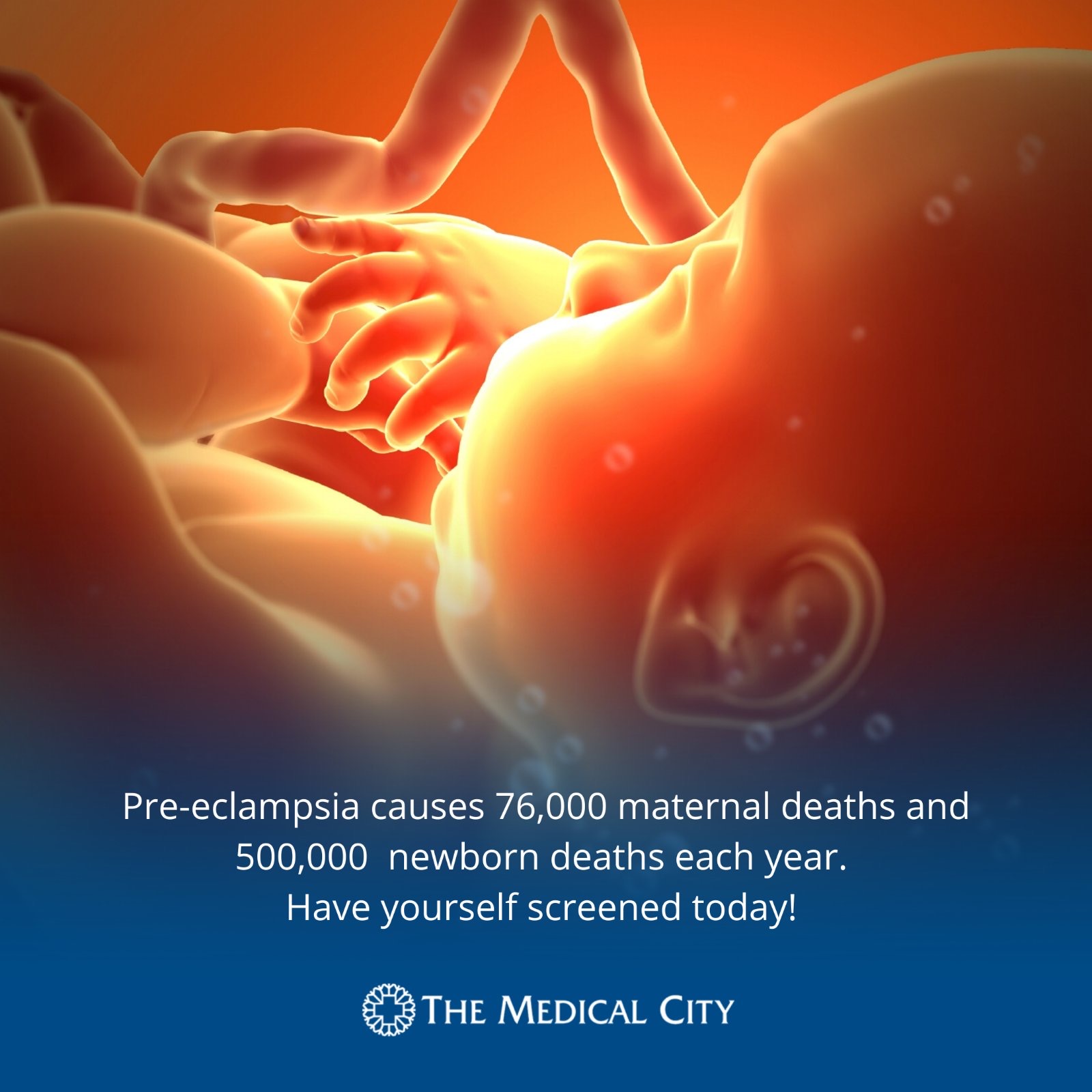COVID-19 Online Screening Tool: Answer on your smartphones or computers within 24 hours prior to your visit to The Medical City.
Diabetes and COVID-19
By Mary Queen Villegas-Florencio, MD, FPCP, FPSEDM, | May 27, 2021

How does COVID – 19 impact people with diabetes? What important measures do these patients have to observe to prevent the disease?
Diabetes is a complex disease characterized by elevated blood sugar because of abnormal insulin secretion and/or insulin action. Insulin is a hormone secreted by the pancreas that regulates the blood sugar in the body. Uncontrolled diabetes leads to different complications such as heart attack, stroke, leg amputation, blindness, and kidney failure. Data from the DOST-FNRI showed that the prevalence of diabetes in the Philippines increased from 5.6% in 2013 to 8.2% in 2019. Around 14.2% of the population already have prediabetes. Combining the prevalence of diabetes and prediabetes, one out of every five Filipinos have abnormal glucose levels.
COVID-19 is a novel disease caused by the SARS-CoV-2 virus strain. Majority of the people infected with the virus will experience mild to moderate respiratory illness and recover without requiring special treatment. However, vulnerable groups such as the elderly and those with underlying medical conditions such as diabetes, hypertension, heart disease, lung disease, obesity, and cancer are more likely to develop serious illness. The invasion of the virus to the different cells of the body such as the heart and the lungs results in inflammatory changes which causes injury and multi-organ damage. Diabetes is associated with systemic inflammation. Studies show that patients with diabetes have more virus entry, weakened immune response, less viral elimination, and dysregulated inflammatory markers.
Patients with diabetes may have a similar risk of contracting COVID-19 as those people without diabetes. However, because of the inherent feature of the disease, patients with diabetes have a higher risk of hospitalization, ICU admissions, severe complications, and death once they have contracted COVID -19 compared to those without diabetes.
So what must a patient with diabetes do to remain healthy and prevent COVID-19?
- Follow the minimum health standards such as frequent handwashing, wearing of face masks and face shields, physical distancing, ensuring proper ventilation, and reducing time of interaction if any. Clean and disinfect frequently touched surfaces daily. Stay home if sick and call the doctor for advice.
- Make sure to have several weeks of supply of maintenance medications, blood sugar monitoring device, batteries, and needles for those on insulin and other medical supplies to minimize trips to the pharmacy and decrease risk of exposure. Keep simple carbs such as regular soda, honey or candies ready to be taken only when the blood sugars are very low and too ill to eat.
- Maintain good blood sugar control. Strive to eat healthy and be well – hydrated, exercise and do physical activities at home, have adequate sleep and learn how to manage stress. Know the individualized blood sugar target set by your doctor and monitor blood sugars regularly. Be vigilant for signs of unstable blood sugar.
- Collect the contact numbers of your doctors and diabetes team, pharmacy and insurance provider. At the Endocrine Diabetes and Thyroid Center of The Medical City, a healthcare team composed of doctors, diabetes nurse educators and dietitians can be reached via telemedicine. Have your laboratory tests and procedures done as scheduled and get in touch with the healthcare team for proper guidance.
- Do not delay scheduled appointment with other specialists for specific treatment of diabetes complications such as eye procedures for retinopathy or immediate management of infected wounds to prevent worsening of the condition.
- GET VACCINATED!
In a position statement by the Philippine Society of Endocrinology, Diabetes and Metabolism on COVID-19 vaccination for adult individuals with diabetes, the society recommends that all adult individuals with Diabetes Mellitus Type 1 and Type 2 should consider vaccination against COVID-19 infection after thorough evaluation and discussion with their physicians. Individuals who may be immunosuppressed due to poor glycemic control can still be vaccinated with precaution, since potential benefits outweigh the known potential risks. Hence, patients with diabetes should be encouraged to have themselves vaccinated against COVID-19. They should also be reminded to continue practicing the minimum health standards even after vaccination.
For inquiries, you may call the Endocrine, Diabetes and Thyroid Center of The Medical City at 8-988-1000 or 8-988-7000 ext. 6611, and like The Medical City, Section of Endocrinology, Diabetes and Metabolism FB page (https://www.facebook.com/TMCendo)
REFERENCES:
- 10 Diabetes Care Tips During the Coronavirus Pandemic https://www.everydayhealth.com
- ADA How Covid – 19 Impacts People with Diabetes https://www.diabetes.org
- Inflammation : A Bridge Between Diabetes and Covid – 19 www.ncbi.nlm.nih.gov
- PSEDM Position Statement on Diabetes and Covid Vaccination
Related News SEE ALL NEWS

Health
The Gift of a Second Life

Health #MyTMCExperience Press Room
She Thought It Was Just Heartburn—It Was Actually a Heart Attack
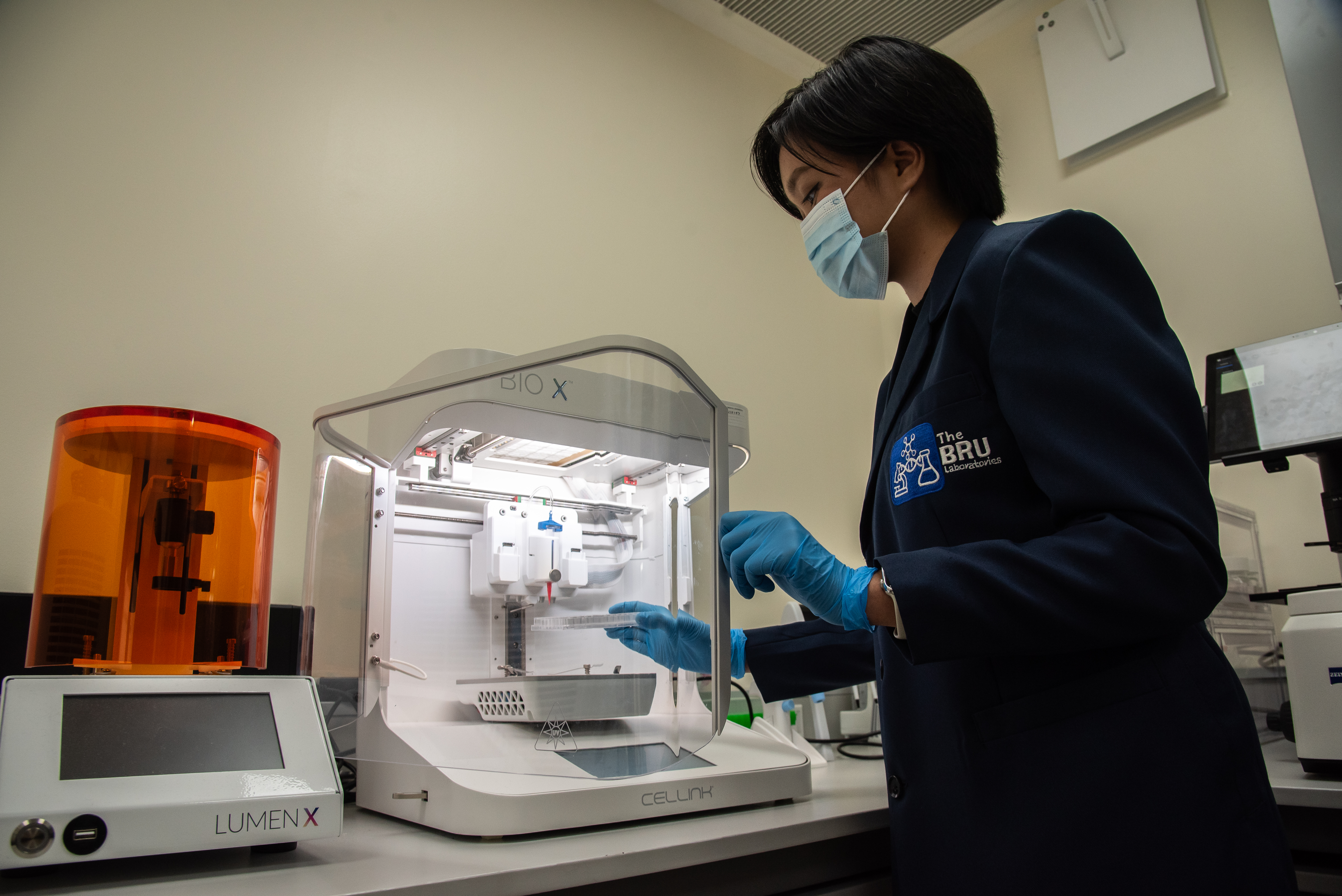
Health Research
Tissue Engineering for a Future without Organ Shortages

Health Press Room
Chikiting Ligtas: Addressing the Gap in Immunization Coverage

Health Corporate
Notice to the Shareholders of Professional Services Inc. (PSI)

Health Corporate
Notice to the Shareholders of Professional Services Inc. (PSI)

Health Corporate
Notice to the Shareholders of Professional Services, Inc. (PSI)

Health #MyTMCExperience
Friendship goals: See the world better, TOGETHER

Health #MyTMCExperience
#MyTMCexperience: Rod Cruz

Health TeleHealth COVID-19
Back to Health, Back to the City

Health Corporate Advisories
Notice of Annual Meeting of Stockholders

Health Corporate
Pedalling through Safety

Health
FAQs on Patient Portal

Health
2021 Holy Week Schedule

Health
How serious is fatty liver?

Health Desk of the President
Oxford Business Group: The Report 2021 - Addressing the Gaps

Health TeleHealth
Need an advice from an Orthopedic Specialist?

Health
Welcome 2021 in good health

Health
Change Your 2020 Vision

Health COVID-19
Convalescent Plasma Donation for COVID–19 Survivors

Health
FAQs on TMC Drive-thru Lab

Health
Be in and out in 90 minutes

Health
Schooling in the New Normal

Health
TMC Lab on Wheels

Health
Autism

Health
Eye Health in Computer Work

Health
Speech Delay
Copyright © 2020 The Medical City. All rights reserved.





